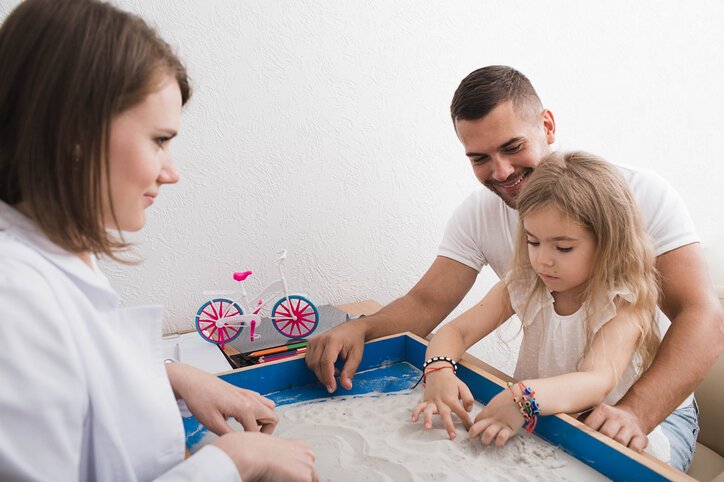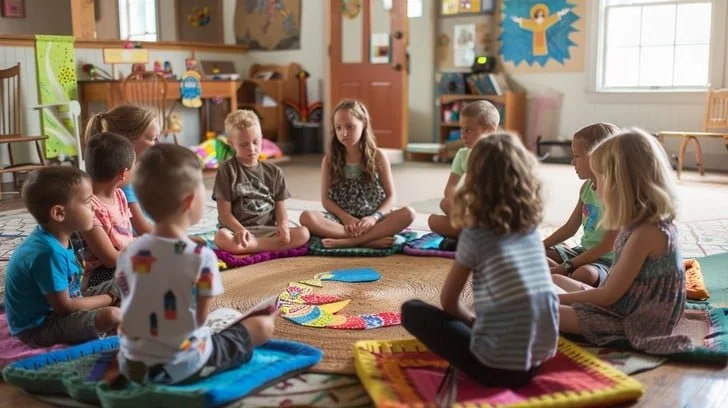No Waitlists
~
Start Services Today
~
No Waitlists ~ Start Services Today ~
Hope and Future
We are committed to HOPE and FUTURE for children and families affected by developmental challenges around the world.
Comprehensive care, collaborative approach
Our philosophy.
Clinician owned and operated
A whole-child approach.
Our team understands the critical importance of trauma-informed care, especially when working with children who have neurodevelopmental disorders. We recognize that many children, particularly those with conditions like autism, ADHD, or intellectual disabilities, may have experienced trauma or adverse events that can significantly impact their development and well-being. Our trauma-informed approach means we consider the whole child, including their past experiences and current environment, when providing care. We create a safe, supportive atmosphere where children and families feel comfortable and respected. Our providers are trained to recognize signs of trauma and understand how it may affect a child's behavior, emotions, and overall development. By being trauma-informed, we can better tailor our therapies and interventions to meet each child's unique needs, helping them build resilience and reach their full potential. This approach is especially crucial for children with neurodevelopmental disorders, as they may be more vulnerable to traumatic experiences and may have difficulty expressing their emotions or experiences. Our goal is to provide compassionate, effective care that supports both the child and their family in their journey towards healing and growth.
Trauma-Informed Care
At ICAN, we understand the importance of practicing cultural humility when working with children who have neurodevelopmental disorders. Cultural humility means we approach each child and family with an open mind, recognizing that every family has unique experiences, beliefs, and values that shape their lives. Our providers are committed to ongoing learning and self-reflection, always striving to understand each family's perspective rather than making assumptions. This approach is especially crucial in pediatrics, as children with neurodevelopmental disorders often come from diverse backgrounds. By practicing cultural humility, we create a welcoming environment where families feel respected and heard. We take the time to listen carefully, ask thoughtful questions, and tailor our care to meet each child's specific needs within their cultural context. This approach helps build trust, improves communication, and ultimately leads to more effective therapy outcomes. We believe that by embracing cultural humility, we can provide more compassionate, personalized care that truly supports each child's development and well-being.
Cultural Humility
Our providers embrace a neurodiversity-affirming approach, recognizing that every child's brain develops uniquely. We understand that children with neurodevelopmental disorders, such as autism or ADHD, are not "broken" or in need of "fixing," but rather have their own strengths, interests, and ways of experiencing the world. Our compassionate care focuses on supporting and celebrating each child's individual differences while helping them develop skills to thrive in their daily lives. We work closely with families to create a supportive environment that accommodates the child's needs, rather than trying to force them to fit into a "typical" mold. This approach is crucial in pediatrics because it promotes better mental health, stronger relationships, and increased self-esteem for children with neurodevelopmental disorders. By embracing neurodiversity, we help children feel valued and understood, which can lead to improved overall well-being and success in various aspects of their lives. Our goal is to empower each child to reach their full potential while feeling proud and confident in who they are.










